Publications
Articles, publications, books, tools and multimedia features from the U.S. Institute of Peace provide the latest news, analysis, research findings, practitioner guides and reports, all related to the conflict zones and issues that are at the center of the Institute’s work to prevent and reduce violent conflict.

Iran’s Youth Energy that Elected Rouhani Shows in Parkour, Fashion Fever
“Religiously illegal” swimwear might sound predictable coming from Iran. But what about “a refreshingly casual look for the chador” or young Iranians scaling walls for sport? These kinds of trends reflect the energy of youth in Iran, and new President Hassan Rouhani owes his election to them.
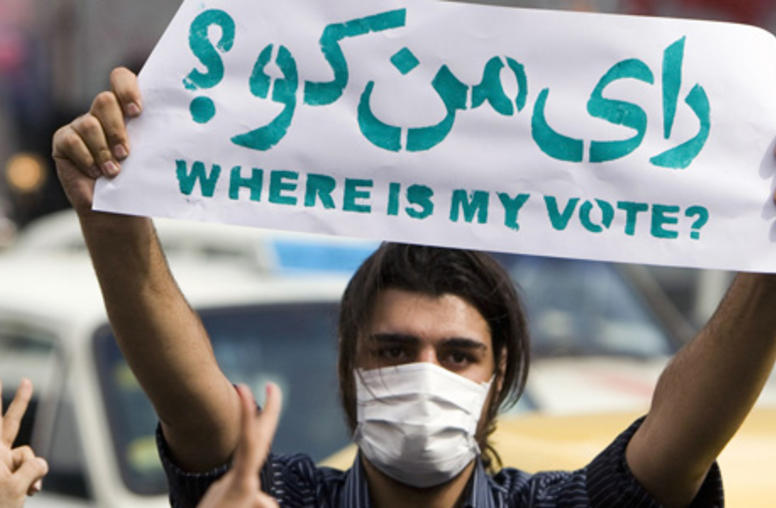
Iran’s June 14 Vote to Replace Ahmadinejad Heats Up with Debates, Dropouts
Candidates are staking out positions on policy toward the U.S., the nuclear program and on the economy and the role of women in advance of an election aimed at selecting a replacement for a figure who has become possibly the most familiar face of the Iranian regime in America.
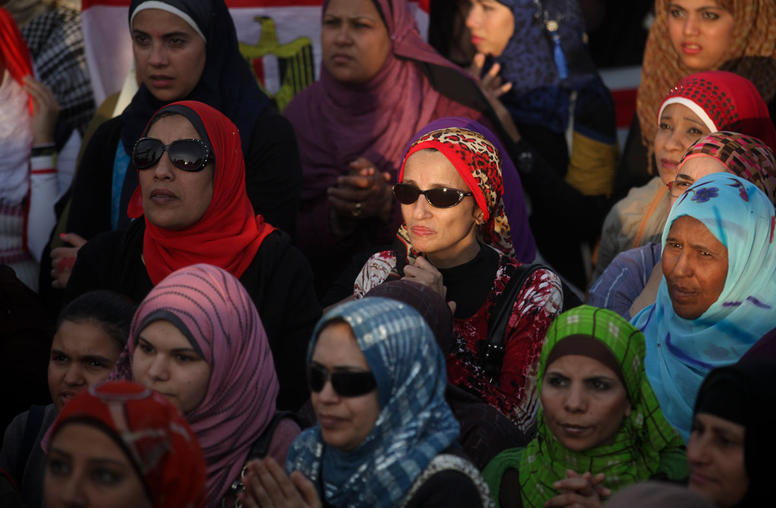
Political, Security Challenges Grow for Middle East Women
The unprecedented role of women in the Arab uprisings doesn't mean life is getting easier for them as the world marks International Women’s Day. A joint USIP/Wilson Center project asked 10 women leaders from the region how government and civil society can combat gender-based violence.
USIP in 2010: Year in Review
USIP experts look back at 2010 and ahead to 2011 on Afghanistan, Pakistan, the Arab/Israeli conflict, gender issues, and more and look at how to manage international conflict, terrorism, violence, and instability around the world.
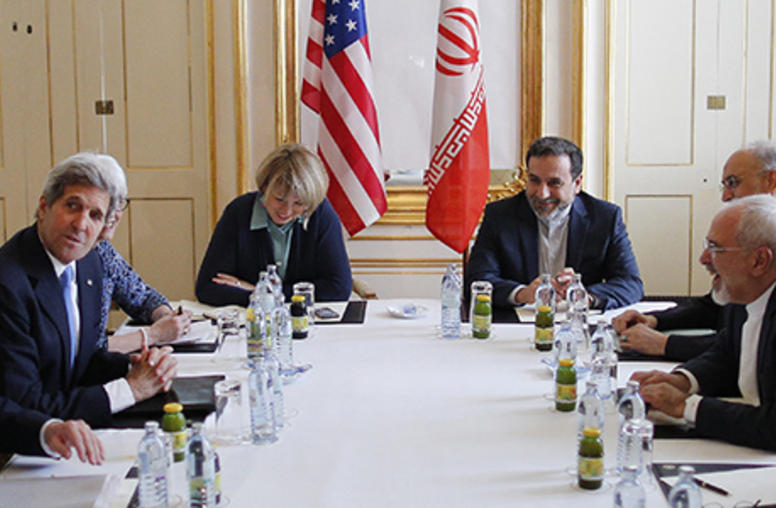
The Iran Nuclear Deal: Pitfalls and Promises
The debate swirling around the historic nuclear deal reached by Iran and the world’s six major powers this month played out among two nuclear experts, a sanctions specialist and an Iran scholar during an event co-hosted by USIP at the Woodrow Wilson International Center for Scholars yesterday. The discussion outlined many of the issues that will top agendas in Washington and Tehran as lawmakers in both countries consider the agreement in the coming months.
USIP Book Launch Explores Iran's Seriousness
After 30 years of estrangement, the Obama administration is now engaged with Iran in hopes of a deal to ensure Iran’s nuclear energy program is not subverted to make nuclear weapons. On December 1, 2010, Iran experts explored important trends inside Iran and in its dealings with the outside world at the U.S. Institute of Peace’s launch of “The Iran Primer: Power, Politics and U.S. Policy.”
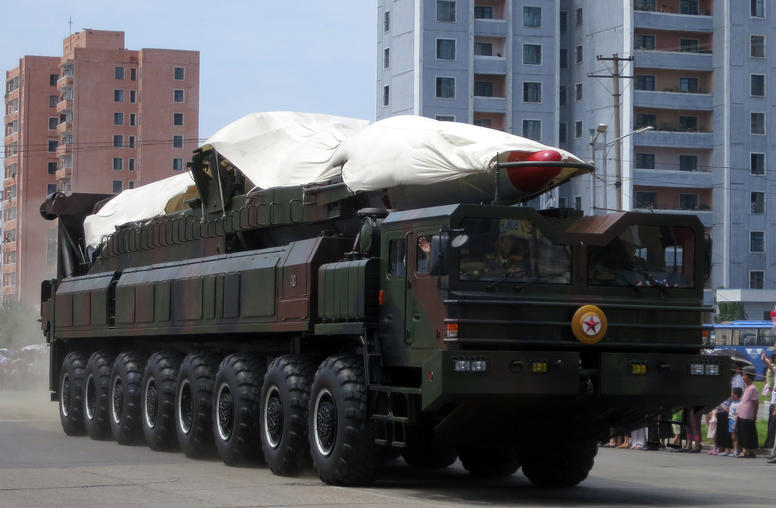
Nuclear Diplomacy with North Korea: What’s Ahead for the Biden Administration?
The Biden administration faces a situation with North Korea similar to what President Obama faced in 2009, with U.S.-DPRK engagement on its last legs. Obama appeared interested in reviving the Six Party Talks, but slow outreach to North Korea allowed Pyongyang to seize the narrative by conducting a satellite launch in April and a nuclear test in May, which doomed engagement for an extended period. Biden will face a similar decision about how to engage North Korea, including whether to move forward with joint U.S.-South Korea military exercises in March, and whether to reaffirm the outcomes of the 2018 joint U.S.-DPRK Singapore Statement, which Pyongyang has yet to renounce but is on life support.
Obama's State of the Union Address: A World Wrap-Up
President Obama heralded progress in Iraq, asked Americans to brace for hard days ahead in Afghanistan, and touted seminal moments in Tunisia and Sudan in a State of the Union speech on Jan. 25. The president largely focused on the economy and jobs in this year's address, while covering the major international developments in the last ten minutes or so of his hour-long speech, beginning with Iraq.
Egyptian President Resigns after Peaceful Protests
Egyptian President Hosni Mubarak has resigned on Feb. 11 after weeks of peaceful protests. USIP takes a comprehensive look at the situation and its implications.
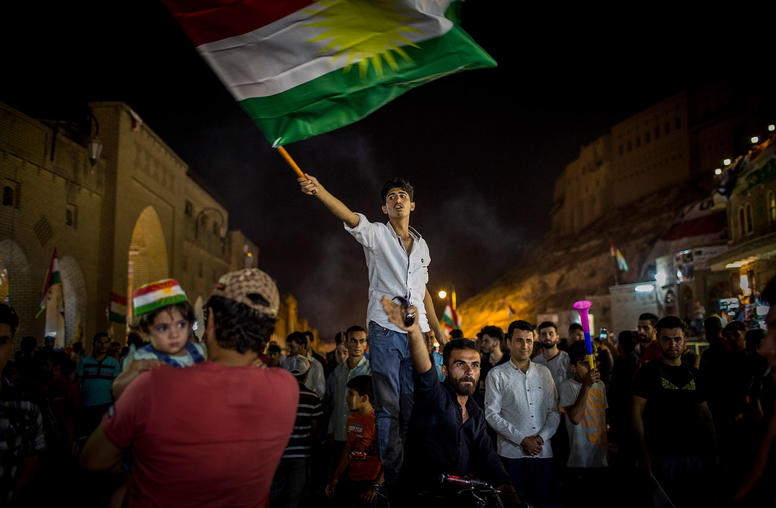
Iraq’s Impasse with Kurds Puts Post-ISIS Stabilization at Risk
The impasse between Iraq’s central government and its Kurdistan Region is building into an economic problem, and both sides need to quickly find a way to negotiate a solution. While political conflict between the authorities in Baghdad and the regional capital of Erbil has been quieter since Iraqi troops ousted Kurdish forces from disputed territories in October, the Kurdish region’s economy is unraveling, with risks for both sides.